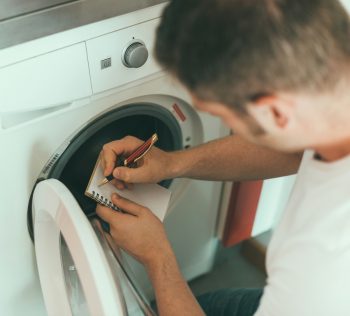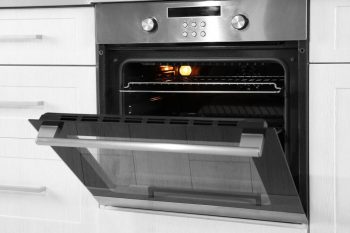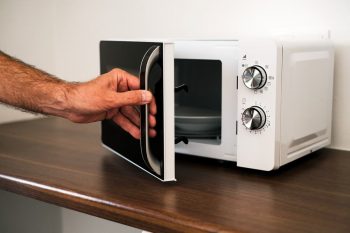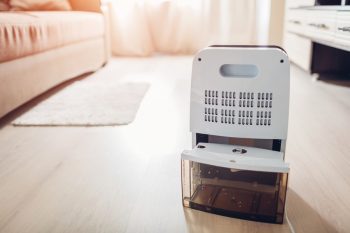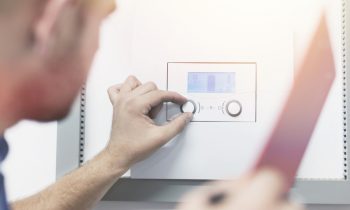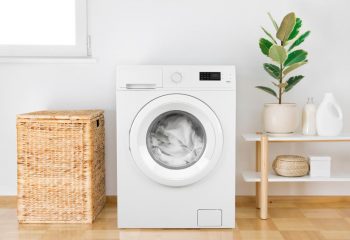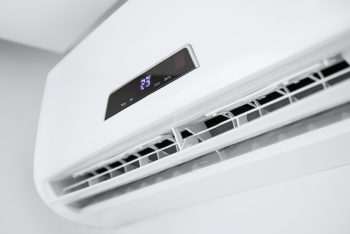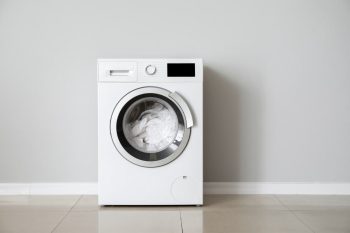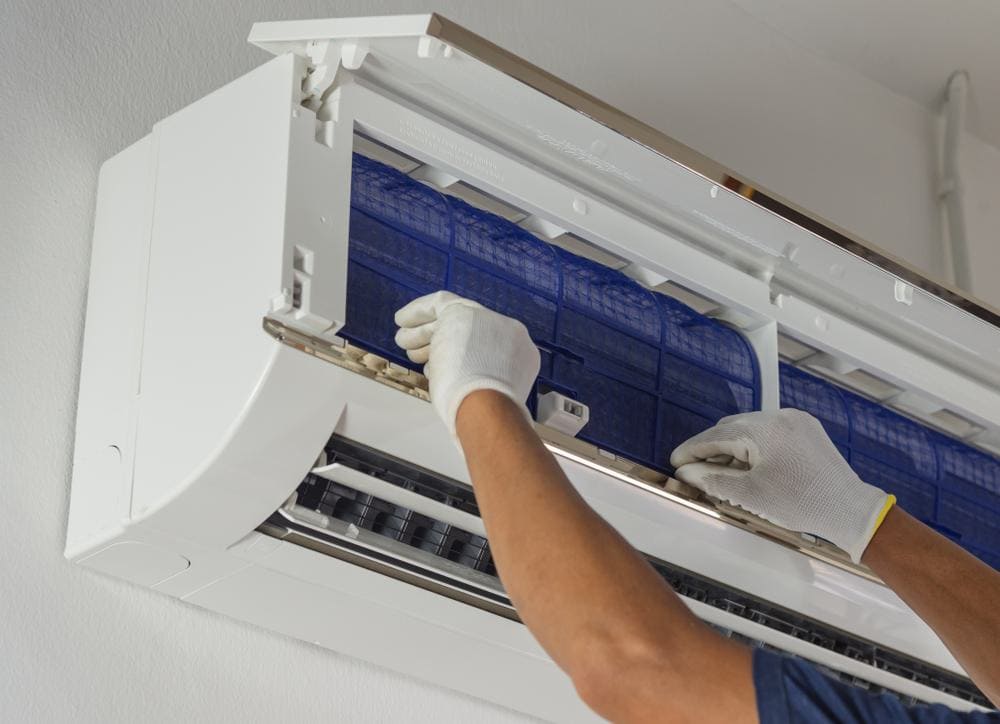
An air conditioner is a vital piece of equipment in many homes, particularly during the warmer months. However, like all appliances, it can occasionally run into problems, one of which is overheating. Today, we’re going to delve deep into the topic of “How to Cool Down an Air Conditioner,” providing you with comprehensive insights, practical examples, and a range of solutions to help you beat the heat.
To cool down an overheating air conditioner, immediately turn off the unit and let it rest. Check and replace the clogged air filter, clean the outdoor unit, inspect the refrigerant level, and ensure that the vents and ducts are not blocked. For long-term prevention, regularly change or clean air filters, create shade for the A/C unit, schedule regular maintenance checkups, and ensure proper refrigerant levels. If needed, seek professional assistance for repair and maintenance.
Signs of an Overheating Air Conditioner
Before we dive into how to cool down your air conditioner, it’s crucial to recognize the signs of an overheating AC unit. These signs can include a burning or smoky smell coming from the vents, strange buzzing or rattling noises, the exterior of the unit being too hot to touch, inefficient cooling, ice on the pipes and coil unit, increased energy bills, weak or decreased airflow, and loud or strange noises.
Factors Affecting the Cooling Efficiency of an Air Conditioner
Several factors can affect the cooling efficiency of an air conditioner, such as ambient temperature, humidity, sunlight, airflow, and maintenance. For instance, when the outdoor temperature is very high, the air conditioner has to work harder to maintain the desired indoor temperature, which can reduce its efficiency.
Immediate Steps to Cool Down an Overheating Air Conditioner
If you find your air conditioner overheating, here are some immediate steps you can take:
- Turn off the air conditioner: Let it cool down for a while before turning it back on. This will give the system a chance to rest and prevent further damage.
- Check and replace the air filter: A clogged air filter can restrict airflow and cause the system to overheat.
- Clean the outdoor unit: Dirty condenser coils can hinder the heat exchange process, forcing the air conditioner to work harder and overheat.
- Inspect the refrigerant level: Low refrigerant levels can cause the compressor to overheat.
- Ensure that the vents and ducts are not blocked: This can restrict airflow and cause overheating.
Long-Term Strategies to Prevent Overheating
Preventive measures are always better than reactive ones. Here are some long-term strategies that homeowners can implement to prevent their air conditioner from overheating:
- Regularly change or clean air filters: Dirty filters can block airflow and cause the air conditioner to overheat.
- Create shade for the A/C unit: Plant trees, shrubs, or bushes around your air conditioner to decrease the heat.
- Schedule regular maintenance checkups: Having an HVAC professional inspect and maintain your air conditioner can help prevent overheating and other issues.
- Ensure proper refrigerant levels: Low refrigerant levels can force your air conditioner to work harder, leading to overheating.
Professional Services to Assist in Cooling Down an Air Conditioner
There are several professional services available to assist in cooling down an air conditioner. These services typically include repair, maintenance, and installation. Some of the top companies that provide these services include Angie’s List, This Old House, Reimer AC Repair, The Home Depot, Yelp, Roy’s Plumbing, Heating & Cooling, D & D Climate Control, Cellino Plumbing, ARS/Rescue Rooter, and One Hour Heating & Air Conditioning.
Conclusion
In conclusion, cooling down an overheating air conditioner requires a combination of immediate actions, preventive measures, and professional services. By understanding the signs of an overheating air conditioner, knowing the immediate steps to cool it down, implementing long-term strategies to prevent overheating, and seeking professional help when needed, you can ensure that your air conditioner works efficiently and effectively, keeping you cool even in the hottest of weather.
Remember, maintaining your air conditioner is not just about keeping it cool; it’s also about prolonging its lifespan, reducing energy consumption, and ensuring a comfortable and healthy living environment in your home.
Frequently Asked Questions
How often should I replace or clean my air conditioner filters?
It is generally recommended to replace or clean your air conditioner filters every 60 to 90 days. However, if you have pets or live in a particularly dusty area, you might need to do it more frequently, like every 30 to 45 days.
What is the ideal temperature setting for my air conditioner to prevent overheating?
The ideal temperature setting for your air conditioner may vary depending on your personal comfort and the outside temperature. However, a general rule of thumb is to set it at 78°F (25°C) when you’re at home and awake, and higher when you’re away or asleep.
How do I know if my air conditioner’s refrigerant levels are low?
Signs of low refrigerant levels can include the air conditioner not cooling your home as effectively as it used to, ice forming on the outside unit, and a hissing or bubbling noise, which could indicate a refrigerant leak.
How can I increase the airflow to my air conditioner?
You can increase the airflow to your air conditioner by ensuring the vents and ducts are not blocked, regularly cleaning or replacing the air filters, and having regular maintenance checkups to ensure the system is operating efficiently.
Is it necessary to seek professional help for an overheating air conditioner?
While some minor issues can be addressed on your own, such as cleaning or replacing the air filters or ensuring the vents are not blocked, more serious issues, like low refrigerant levels or a malfunctioning compressor, should be handled by a professional to prevent further damage to the system.

